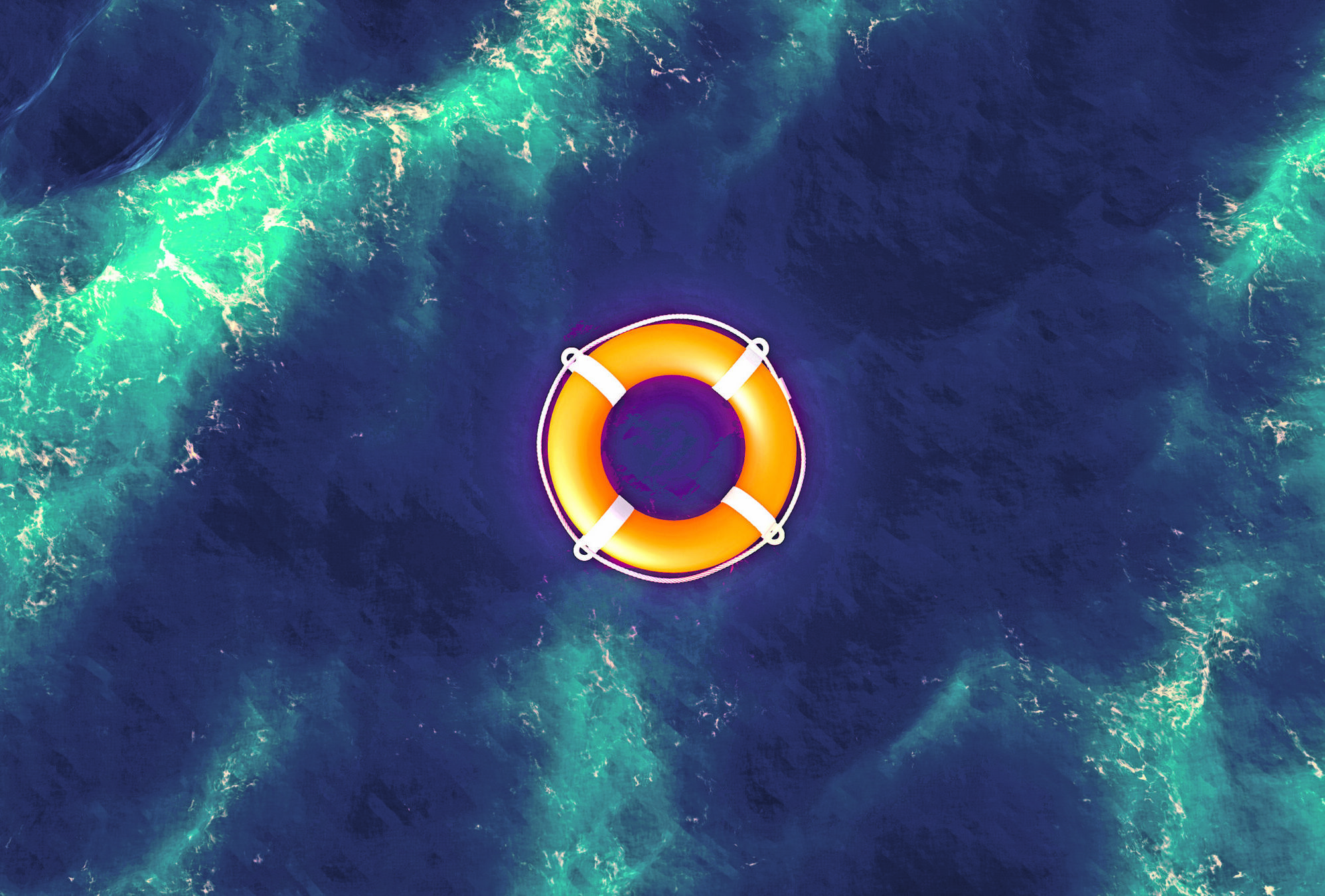An Edinburgh-based research team fears plankton, the tiny organisms that sustain life in our seas, has all but been wiped out after spending two years collecting water samples from the Atlantic.
The landmark research blames chemical pollution from plastics, farm fertilisers and pharmaceuticals in the water. Previously, it was thought the amount of plankton had halved since the 1940s, but the evidence gathered by the Scots suggest 90% has now vanished.
The scientists warn there are only a few years left before the consequences become catastrophically clear when fish, whales and dolphins become extinct, with grave implications for the planet. In the report, the researchers from the Global Oceanic Environmental Survey Foundation (Goes) state: “An environmental catastrophe is unfolding. We believe humanity could adapt to global warming and extreme weather changes. It is our view that humanity will not survive the extinction of most marine plants and animals.”
:doomjak:
The Goes report concludes: “If we destroy plankton, the planet will become more humid, accelerate climate change, and with no clouds it will also become arid and wind velocities will be extreme.
“Yes, of course, we need to continue to reduce CO2 emissions but even if we were carbon-neutral, it will not stop ocean acidification – it will not stop the loss of all the seals, whales, marine birds, fish and food supply for two billion people.
:sadness-abysmal:
He explained: “We cannot stop climate change by simply reducing CO2 emissions. However, we can clean up our pollution to give us clean air and clear rivers and bring life back to the oceans. We could potentially live with climate change, but we will not survive the destruction of nature. If we can bring back nature, though, we also solve climate change.”
He said that during the pandemic, because of the lack of tourism, ecosystems had started to recover. Fish have returned and coral reefs have recovered.
Dryden added: “People cause pollution, and in most of the world there is no effluent treatment. Covid has shown us that if we eliminate pollution then ecosystems have high capacity to spring back.”
:jon-yell: ozone hole but we have to ban everything
this is going severely underreported, right? I am not crazy for thinking that?



There's nothing wrong in the preliminary studies around this, acidification is bad, plankton levels are horribly low. We should probably dump less plastics and fertiliser into the sea.
But some of the language around climate change in that intro sets me with a skeptical tone. Also the role of things like clathrate release in ocean acidification and deoxygenation aren't addressed and for a deep ocean study that's a pretty shocking oversight.
What's the angle here? What are the technical details of the policy recommendations?
Same as every other online article. To generate clicks.
Unfortunately, click-bait for modern leftists is just pure weapons-grade doomerism and despair.